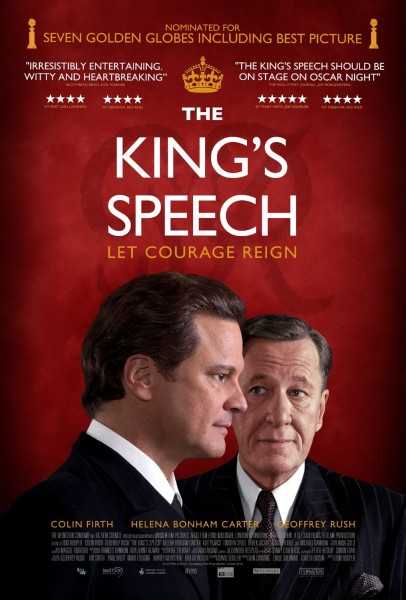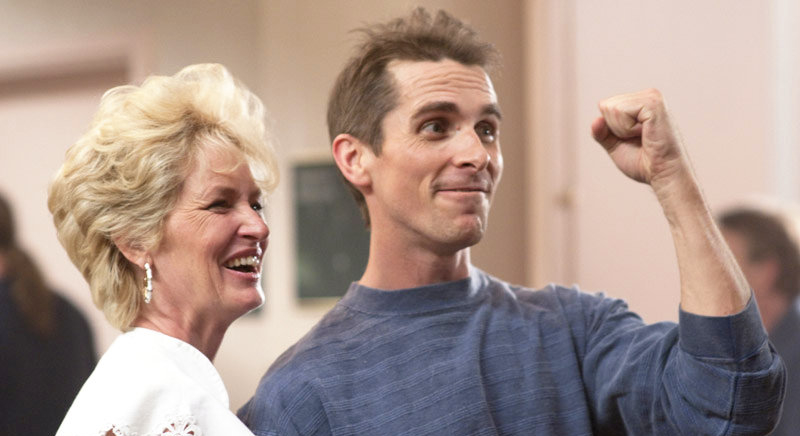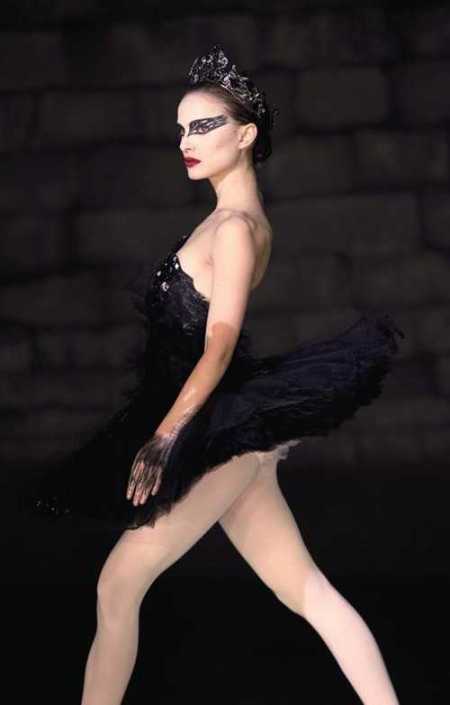Love and Other Drugs
Posted on February 28, 2011 at 8:00 am
A-| Lowest Recommended Age: | Adult |
| MPAA Rating: | Rated R for strong sexual content, nudity, pervasive language, and some drug material |
| Profanity: | Extremely strong and crude language |
| Alcohol/ Drugs: | Drinking (including drinking to deal with stress, drunkenness), drugs, marijuana |
| Violence/ Scariness: | Tense confrontations, illness, brief violence |
| Diversity Issues: | None |
| Date Released to Theaters: | November 24, 2010 |
| Date Released to DVD: | March 1, 2011 |
| Amazon.com ASIN: | B004L3AR0K |
“Love and Other Drugs” is the cure for the common movie, a smart, sexy, touching romance and a thoughtful exploration of a remarkable time that illuminates some of our most vital contemporary concerns.
“Ask your doctor about…” ads began appearing in magazines in the 1990’s. Before that, medication was a highly technical product requiring extensive medical expertise. But then pharmaceutical companies were allowed to advertise directly to consumers. This not coincidentally coincided with a flood of new drugs to make you not just get better but feel better, as in experience less anxiety and have a brighter outlook. Who wouldn’t want to ask their doctor about that?
And all of this not coincidentally coincided with the go-go years of pharmaceutical sales jobs. As the movie points out, this was the only entry level position in the world where you could begin by making six figures. It was like the California Gold Rush; an all’s fair era of claim-jumping and anything goes marketing tactics that included pens and opera tickets, lavish “medical conferences” at exotic beach and golf course resorts, generous “consulting fees” for doctors, beauty queen sale reps, and goodies for the medical staff. Anything to entice the people with the prescription pads to order up lots of Brand X instead of Brand Y.
Jamie (Jake Gyllenhaal) is his family’s embarrassing failure. Co-writer/director Edward Zwick (“thirtysomething,” “Now and Again,” “Glory”) brings in 70’s stars the late Jill Clayburgh and George Segal as his parents, a nice touch. His father and sister are doctors. His brother is a dot.com millionaire. He was fired from selling electronic equipment (a boombox playing “Two Princes” nails the era in a nanosecond) for having sex with his manager’s girlfriend. So he takes a job in drug sales at Pfizer, goes through training, and gets a job selling mood elevators in the Ohio River valley. He has a lot of competition from the Prozac guys, and then comes Viagra. Maggie (Anne Hathaway) is a free-spirited artist with early onset Parkinson’s who takes buses of elderly people to Canada to get affordable prescription drugs. She sizes him up immediately as someone who is constantly looking for meaningless sex “for an hour or two of relief from the pain of being you” because she feels the same way.
Meaningless sex works out fine for a while, but then of course it gets complicated as Maggie has to cope with Parkinson’s and Jamie learns more about the consequences of the drug marketing. We see less and less of their bodies and their sexual encounters as we see more about what is going on with them emotionally.
Both the relationship at the heart of the story and the environment around them are absorbing and insightful. Almost as an aside, we see the benefits of this category of drugs as a homeless man who dumpster dives for the rival Prozac Jamie throws away literally cleans up his act and applies for a job. In a very moving scene Maggie happens on a Parkinson’s support group. She is overjoyed with the connection she feels to the other patients (played by real people coping with Parkinson’s) while Jamie is daunted by a glimpse of the future from a caregiver.
On one level, it works as a story about the real leap of faith each of us goes through in entering into a long-term relationship — faith not just in the other person but in our own capacity for “in sickness and in health,” the terror of not being known, the greater terror of being known and being rejected. The health care issues are presented in an even-handed but very personal way, not just through Maggie’s experience but through the doctor character superbly played by the immeasurably gifted Hank Azaria. He shows us a man who has his own lapses but is terribly frustrated with a system that squeezes him on every side, compromising treatment. Gylenhaal and Hathaway (getting along much better then they did as unhappy spouses in “Brokeback Mountain”) give performances of wit, courage, grace, and generosity. RX prn.







